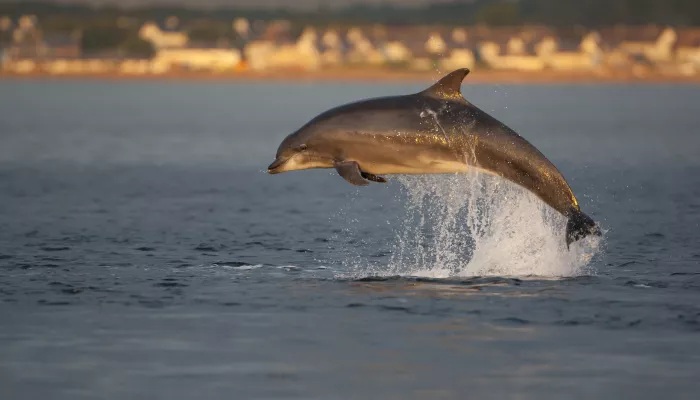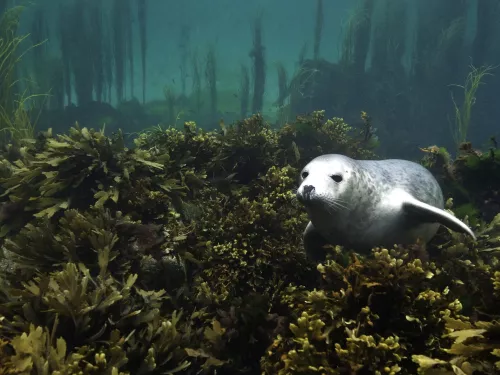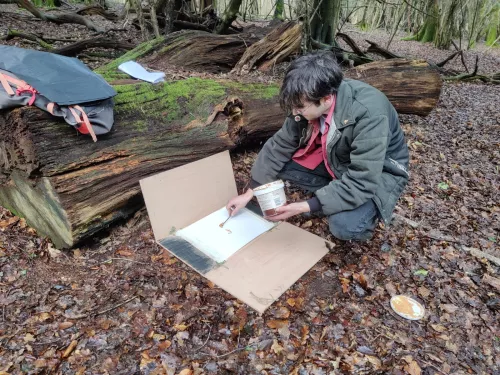Recommendations were rejected
Sadly however recommendations from the EFRA Committee were largely rejected. In regard to bycatch, the EFRA Committee said that it is pleased to see that a consultation has taken place on extending remote electronic monitoring, however there was refusal to introduce mandatory bycatch monitoring implemented by a strategic plan from DEFRA. All other recommendations were discarded. This is despite the relevant current UK legislation and regulations being far below the standards provided by other countries, such as the 1972 US Marine Mammal Protection Act.
These recommendations would have offered a fantastic opportunity to increase protection for vulnerable wales, dolphins and seals, of which we are lucky enough to see both grey and harbour seals on the Kent Coast. Marine mammals are struggling against a multitude of threats including climate change, pollution, and on top of this seals are affected by disturbance on a daily bases.
We're seeing wildlife disturbance
It is a real shame that the strong endorsement in the EFRA report for the Joint Nature Conservation Committee’s recommendation to give seals the same protection as other marine mammals by adding them to Schedule 5 of the Wildlife and Countryside Act was ignored by the Government. This would have been a way of offering some protection from reckless disturbance, of which we are seeing increasing reports of around our coastlines, including at some of Kent Wildlife Trust’s reserves such as Pegwell and Sandwich Bay NNR. Harbour seals are already in decline in parts of North East Scotland and South East England and thousands of seals risk life threatening injuries and wasting precious energy every year as a result of human disturbance.
This is just one example of how nature is in crisis in the UK but Kent Wildlife Trust’s #WilderKent 2030 Strategy sets out a framework for how we can work together to save it. Our mission is to increase wildlife abundance and climate resilience across 30% of Kent's land and sea.
By working with communities and partners, we believe that we can save and restore our natural world. We will continue to campaign to see laws offer more protection to marine mammals which have an important role in contributing to the maintenance of a healthy ocean balance upon which all other life depends.




